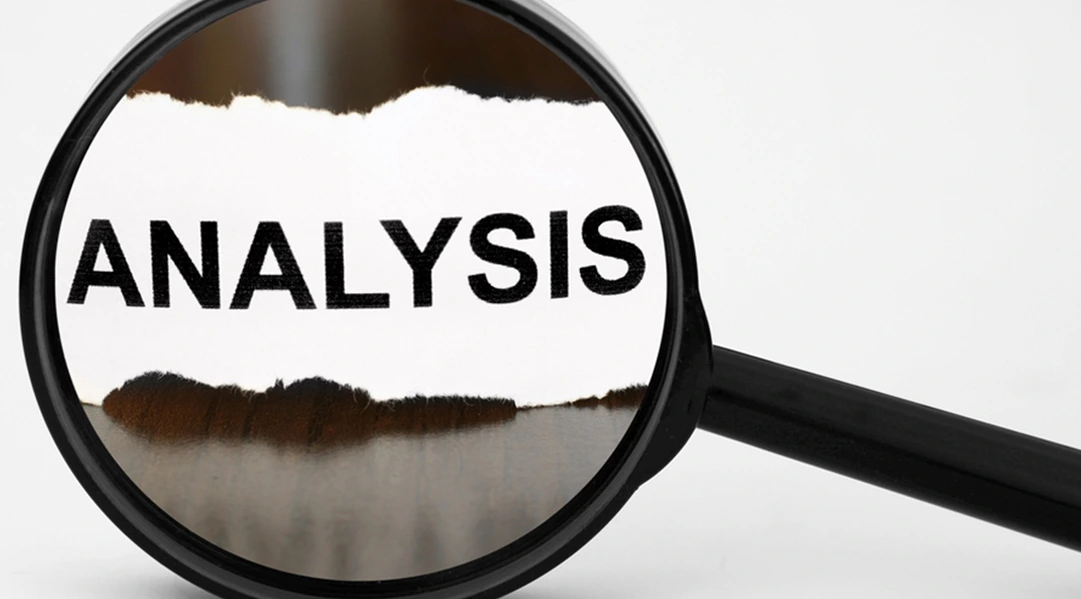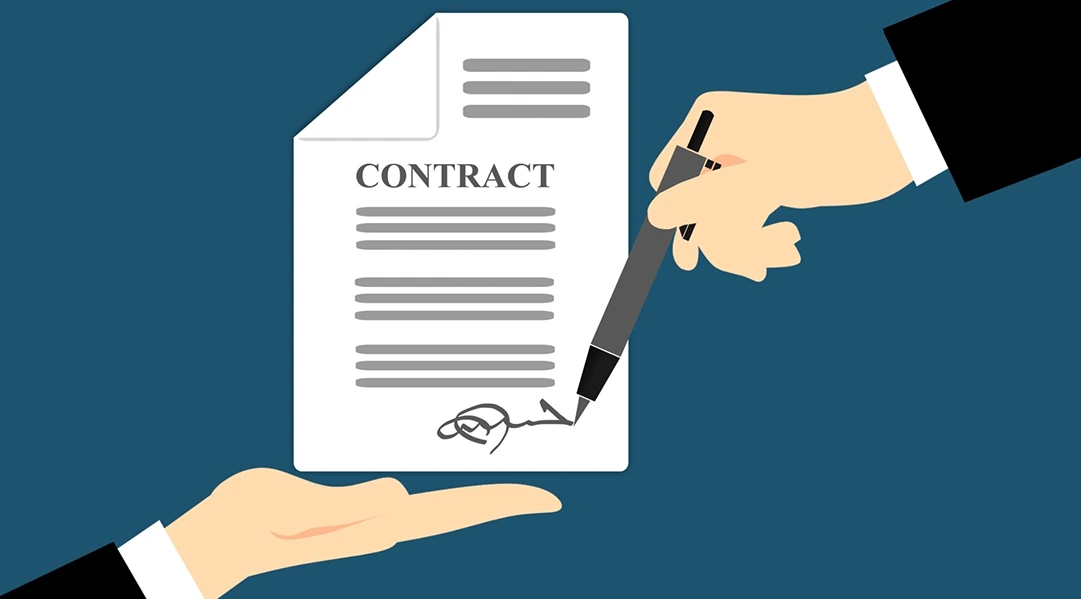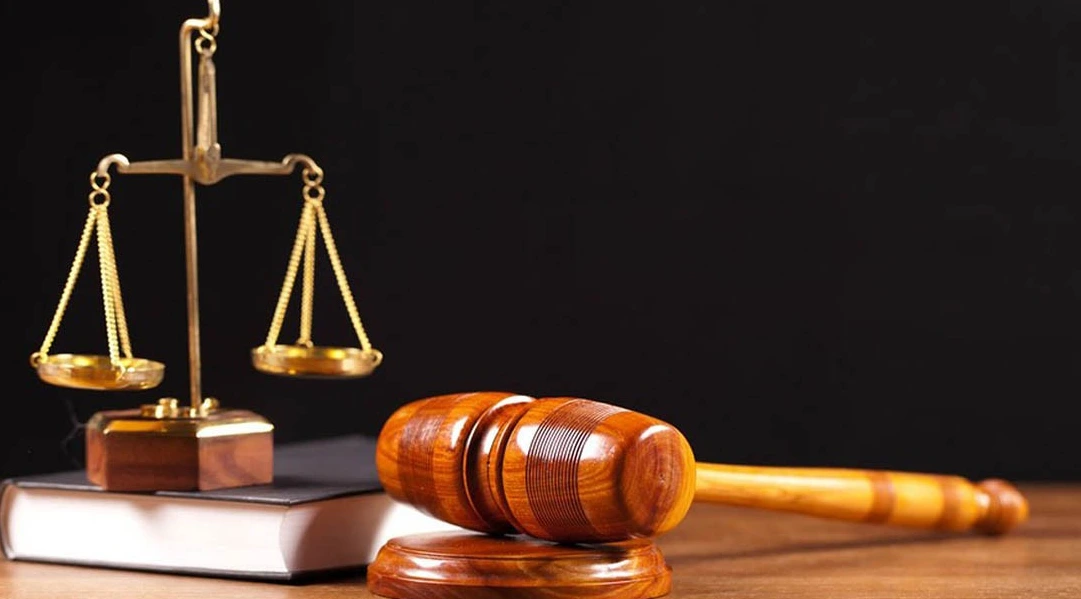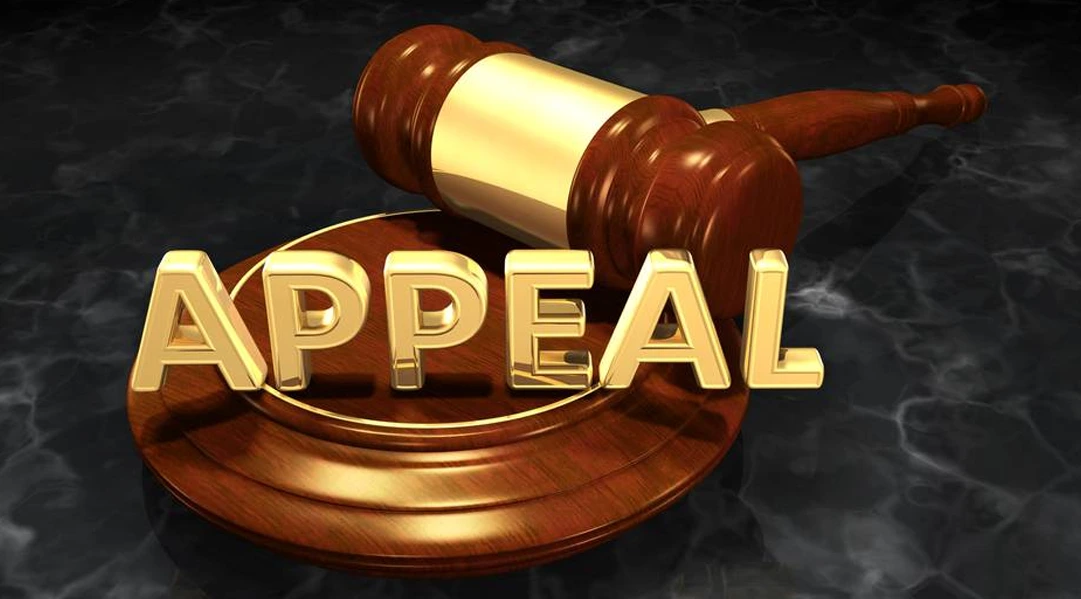Here are some of the litigation services our lawyers may offer in cases related to software piracy raids

Legal Consultation
Our lawyers can provide initial consultations to individuals or organizations involved in the raid, explaining their rights, potential legal consequences, and options for defense.

Legal Representation
Our lawyers can represent clients who have been accused of software piracy during the raid in subsequent legal proceedings.

Evidence Analysis
Our lawyers can analyze the evidence collected during the raid and assess its admissibility and relevance in court.

Defense Strategies
Our lawyers develop defense strategies tailored to the specific circumstances of each case, exploring possible defenses and arguments to challenge the piracy allegations.

Negotiation and Settlement
Our lawyers may engage in negotiation with copyright owners or their representatives to explore the possibility of reaching a settlement before going to trial.

Preparing Legal Documents
Our lawyers draft and file necessary legal documents, including responses to charges, petitions, affidavits, and other court filings.

Trial Representation
Our lawyers represent their clients in court during the trial, presenting evidence, cross-examining witnesses, and making arguments to support their case.

Expert Witness Engagement
Our lawyers may engage expert witnesses to provide testimony or analysis on technical aspects related to software piracy allegations.

Appeals
If the case results in an unfavorable judgment, our lawyers can represent clients in appeals to higher courts to seek a review of the decision.

Compliance and Settlement Agreements
Our lawyers can assist clients in complying with any settlement agreements reached as a result of the raid and litigation.

Protection of Legal Rights
Our lawyers work to protect their clients' legal rights throughout the entire legal process, ensuring due process and fair treatment.
It is essential for individuals and organizations involved in
software piracy raids to seek legal representation from our
experienced lawyers who specialize in intellectual property and
copyright law.
Engaging a knowledgeable attorney can make a significant difference in protecting one's rights and achieving a favourable outcome in the case.